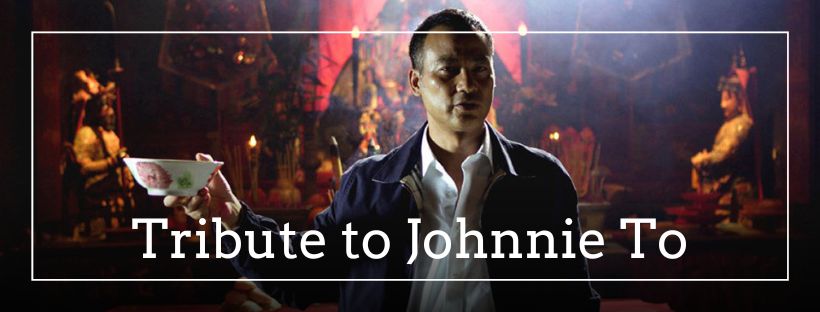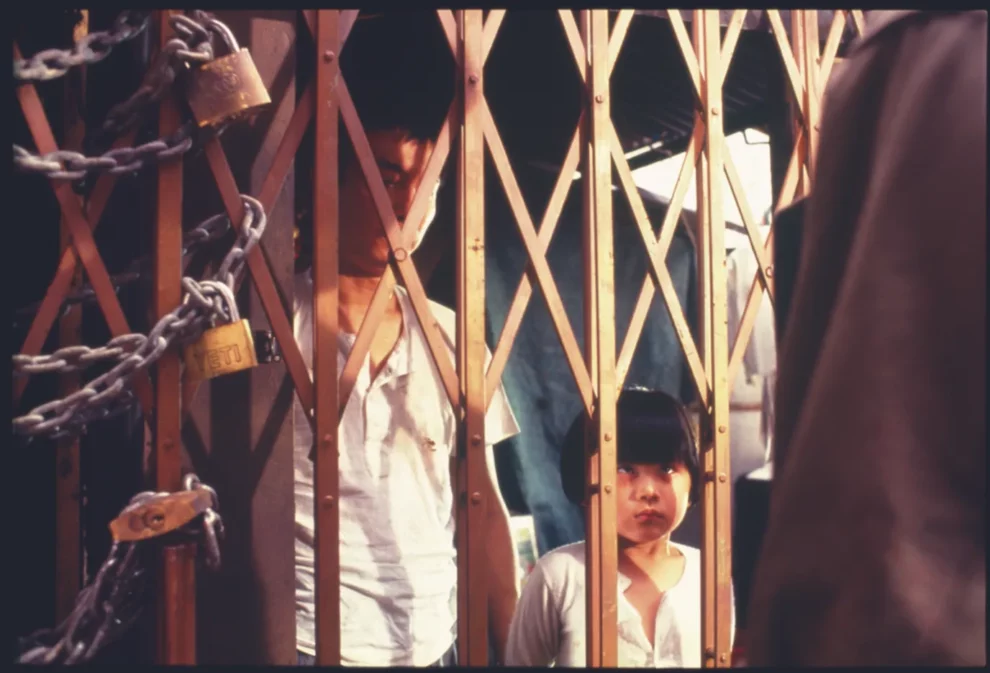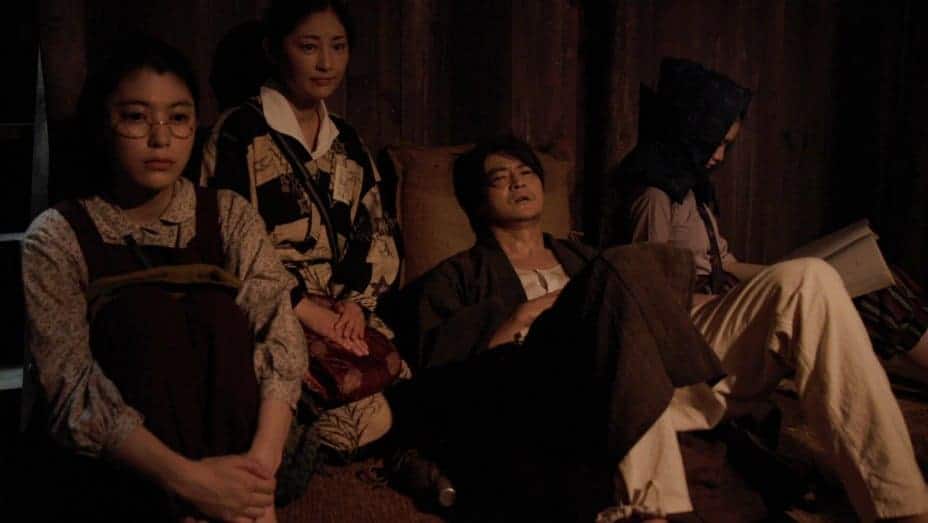Following a recipe pretty close to the one in “All About Ah Long”, Johnnie To adapts the Italian film “Incompresso” (1966) by Luigi Comencini, and focuses again on the struggles of a single father, upping, though, the (melo) drama, the tension and the violence, in a way that can easily be described as shocking.
Follow Our Johnnie To Project by Clicking on the Image Below

Lee Chi-leung returns to Hong Kong with the ashes of his wife and his two young boys, older Kin and younger Hong, which he now has to take care of by himself, along with a maid who does not seem particularly patient neither with the changes the death brought nor with the children's shenanigans. Furthermore, it is soon revealed that Lee is also plagued by debts, which become worse when a friend convinces him to bet what little he has left on horses, a decision that results in a shattering loss for both. Not having any alternative, owing money to his father-in-law, his maid, and essentially everyone around him, he and his friend turn to a loan-shark, in a decision that is soon proven even worse. In the meantime, Kin tries to play the role of both parents, failing despite his desperate efforts, Hong cannot adapt to any of the new circumstances, while the appearance of the father-in-law complicates things even more.
The melodramatic approach To implements here is particularly evident by the fact that the protagonists find themselves on a downward spiral, which began from the medical expenses of the deceased wife, and concluded with Lee's desperate and failed choices, which never actually ceases. This, however, is not a melodrama where people continue to cry because of their situation and their overall lack of hope, but from the fact that are the victims of violence, which becomes constant after a point, and actually moves from top to bottom. In that fashion, the father eventually finds himself victim to the loan shark thugs, but his overall frustration leads him to beating his children and particularly Kin, with the two kids even getting their share from the maid. The fact that Kin, who is the one who essentially tries the most, is the recipient of the most punishment, with the shocking ending cementing this element in the harshest fashion, makes the whole thing even more melodramatic, in a choice that results in the film being quite impactful, but also rather exaggerated in terms of script.
The comments about the blights of the system and the difficulties single parents face are definitely there, but after a point, To leaves most of the notions of the family drama behind, and indulges in his favorite type of frantic action, which is, once more, expertly shot if not particularly logical. In that regard, Chiang Hsing-loong's editing emerges as one of the best traits of the movie, particularly in the way he implements the overall fast pace, which becomes even faster during the action scenes. Wong Wing-Hang's cinematography is of the same level, with him repeatedly portraying the setting the protagonists inhabit as suffocating, and the brutal scenes with no-punches-pulled.
The acting is also on a very high-level. Damian Lau as Leung is great in the way he portrays his growing despair and the fact that he cannot control his frustration, and any part of his life for that matter. Wong Kwan-Yuen as Kin is rather good in his own struggle and desperation, in a rather difficult part that has him receiving punishment repeatedly. Even younger, Cheng Pak-Lam as Hong is also good, convincing in his relationship with both his father and his brother. An overall excessiveness and theatricality does appear in the acting, however, in one of the most annoying aspects of the movie.
In general, this excessiveness is where “The Story of My Son” falters, although the rest of the elements here, and particularly the tension and the action, do save the movie in the end, allowing it to move far above mediocrity.















